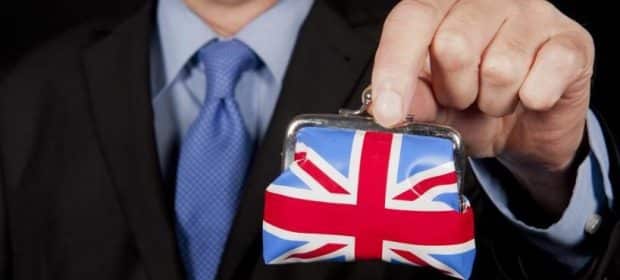Without even mentioning the ‘Brexit’ word, if you have a private or company pension scheme in the UK but reside outside, it’s a good idea to understand what your options are in managing and having access to them. There are a handful of subjects I am regularly asked about regarding this:
UK pension currency
If you transfer your pension outside of the UK, it does NOT have to remain in sterling; all major currencies are usually available. It can also be changed at most times and be held in different currencies. Of course, at the moment this is an even more important thought process for your retirement savings.
Access to pensions
From age 55 you can have access to as much of your UK pension as you like, although bear in mind that in Spain pension money will be subject to personal income tax, after any allowances. Therefore, you might want to arrange this so as to not incur higher taxes (there are several ways to do this).
Pensions from a previous employer
These pensions are known as dormant or frozen, and at the very minimum you should know what you have, where they are and how they work. We help clients track these down, explain how they work, what your options are and start planning to make them either more ‘healthy’ or easier to access. Some pensions may have high charges, or the pension scheme could be financially in trouble. Having all this knowledge as well as the options available will help you make an informed decision.
Can I transfer any pensions I have myself?
In short, if you are abroad, no, since the process is complex and not easy to understand if you are not in the financial world. Also, HMRC won’t allow it unless you have received advice. We have clients with different levels of experience in finance and pensions, and we work alongside them all closely, giving them the knowledge to make their decisions and managing the process for them.
If they are UK pensions and you want to keep them in the UK, then yes, you can usually do this yourself depending on the value involved.
You cannot transfer a pension to another person, although there are ways you can pass it on effectively.
Pensions transfer charges
When overseas pension transfers were started many years ago, the costs were a lot higher than running a UK pension scheme, although the benefits were greater. Now, with increased competition from providers, the charges for moving and maintaining an overseas pension are a lot lower. However, this does depend on who you perform the transfer with and what advice you are given. I still come across clients where the charges are so high it is almost impossible for the pension to grow. There are ways of helping these people, but usually by then they have lost out on many years of growth, which is really frustrating as it didn’t need to be that way. It’s so important you work with a Financial Advisor who is working for you, at your pace and advising in your best interests, not theirs.
Selecting a Financial Advisor to work with when investigating moving a UK pension
There are several points/questions you should check when deciding whom to seek advice from. These are:
1) Recommendations, you cannot beat them. Does anyone you know work with a Financial Advisor and they are happy with them?
2) Does the Financial Advisor have the necessary qualifications to give you advice?
3) How are they remunerated? Ask them how much and when.
4) Do they have any long-standing clients you can speak to? If they do and you manage to speak to them, ask them specific questions so you know they are both genuine and how it worked for them.
5) Look into their eyes… meet them several times, get a feeling for them as a person, their morals and actions.
6) Research them on the internet, or ask around and see what’s said about them.
I do know clients who have done most of this and still not had a great experience. The only additional advice I can give is to look at the pensions and companies they are recommending. If you haven’t heard of them before or you don’t get the ‘spider sense’ that they purely have your best interests at heart, then look elsewhere. Remember, they are going to be looking after your retirement. For years I have helped people evaluate their pensions, and as well as looking to help new clients, the main reason I write these articles is to help people avoid potentially working with someone that doesn’t have their best interests at heart.







